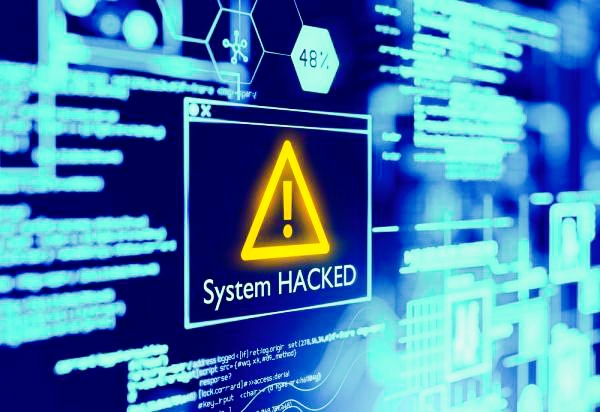In a shocking incident that threatens the privacy and security of tens of thousands of tourists, the Italian Digital Agency announced that the servers of several hotels in Italy were subjected to a serious cyber attack, resulting in the theft of high-resolution copies of the identity documents of the guests of these hotels, including passports and identity cards, which were put up for sale on the dark web.
In an official statement issued on Thursday, August 14, the agency confirmed that it had detected "an illegal sale of identity documents believed to have been stolen from hotels operating on Italian territory," noting that these documents were used by guests during check-in at the hotels.
According to the details revealed by the agency, the number of stolen documents is estimated to be around 100,000 documents, including passports, identity cards, and other official documents, obtained through hacking information systems between June and August 2025.
This attack was claimed by a hacker known as "MyDocs," who announced that he obtained the documents through unauthorized access to the systems of 10 Italian hotels.
The authorities clarified that they do not rule out discovering other hotels that were hacked in the coming days, raising concerns about the expansion of this operation.
The Italian agency warned of "severe financial and legal consequences" that may affect the victims, emphasizing that the stolen data could be exploited for fraudulent activities such as document forgery, opening bank accounts, or impersonating digital identities, exposing the victims to significant security risks.
This incident is considered one of the largest cyber attacks targeting the tourism sector in Italy, at a time when the world is witnessing an unprecedented rise in cyber attacks aimed at personal data for criminal purposes.
The Italian authorities have launched extensive investigations into the incident, in collaboration with specialized security agencies, to try to determine the scope of the breach and identify those responsible, while urging hotels to enhance their security systems and protect guest data from any future threats.

